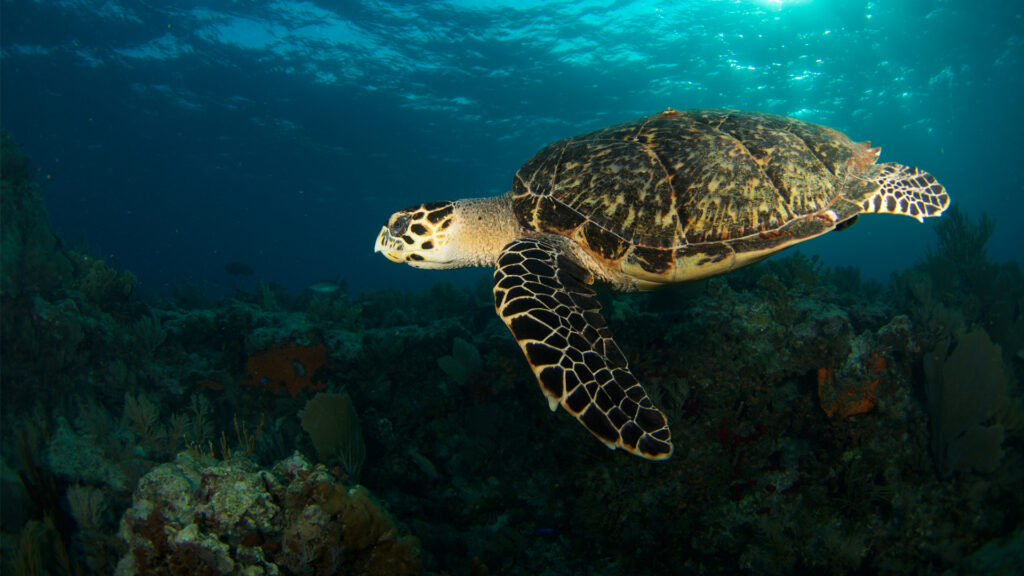By JoAnn Adkins, FIU News
A team of international scientists, including Florida International University marine researchers Yannis Papastamatiou and Mark Bond, is revealing the most critical locations for large marine animal conservation in a study published this month in Science.
The research team tracked more than 100 species of large marine animals and found that current conservation efforts — including a treaty signed by 115 countries but not yet ratified — are insufficient to cover all critical areas for threatened species of sharks, whales, turtles, seals and other large marine animals. They say additional threat mitigation measures are needed. Nearly 400 scientists from more than 50 countries contributed to the research as part of the international MegaMove project.

The comprehensive nature of the study — including the number of species examined and the number of researchers contributing data — should serve as a model for future conservation initiatives, according to Bond, an assistant research professor of Biological Sciences and scientist with the Institute of Environment.
Current marine protection areas only encompass 8% of the world’s total oceans. The U.N. High Seas Treaty, which the United States has signed, seeks to expand protections to 30%. By tracking large animals, the researchers identified areas used for foraging, rest and migratory corridors. They determined, while the 30% expanded protections would be helpful, more is needed to protect the animals and the critical roles they play in maintaining their ecosystems.
“We found that the areas used by these animals overlap significantly with threats like fishing, shipping, warming temperatures and plastic pollution,” said lead author Ana Sequeira, a marine ecologist from The Australian National University and research director of MegaMove.
“Our research shows that, in addition to protected areas, implementing mitigation strategies like changing fishing gear, using different lights in nets, and traffic schemes for ships will be key to alleviating current human pressure on these species.”
Banner photo: A hammerhead shark near the Bahamas (iStock image). This piece was originally published at https://news.fiu.edu/2025/study-tracking-large-marine-animals-reveals-current-conservation-strategies-are-not-enough.
Sign up for The Invading Sea newsletter by visiting here. To support The Invading Sea, click here to make a donation. If you are interested in submitting an opinion piece to The Invading Sea, email Editor Nathan Crabbe at ncrabbe@fau.edu.


